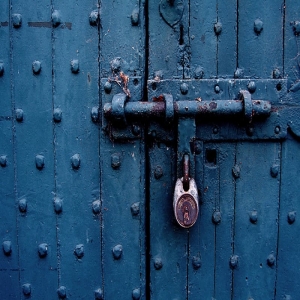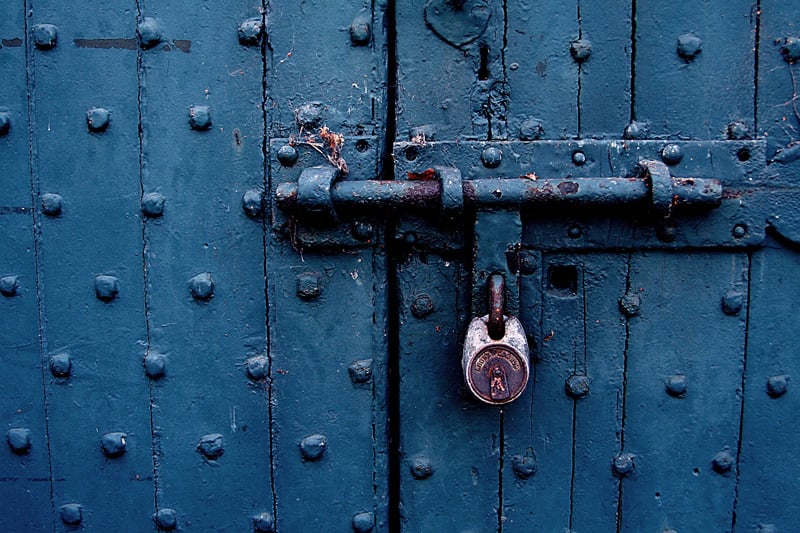
.jpg) Dr P. Raja
Dr P. Raja

In life, everything goes according to a plan. That plan is never man-made. It is the Divine that plans for man and all living beings. That is why it is said, "Man proposes, and God disposes." There is a name given to this Divine plan. In human parlance, it is called 'Fate.' What is destined is destined, and we can never escape Fate.
A Yiddish proverb reads: "If a man is destined to drown, he will drown even in a spoonful of water." The Holy Quran supports this view: "That which God writes on thy forehead, thou wilt come to it."
I distinctly remember an old student of mine joining the English Faculty of our renowned college as a part-time professor. He was very sincere and hardworking and so, within a short period, carved himself a niche in the minds of our illustrious students. At a time when everyone in the college thought that his services were indispensable, the government thought differently and terminated the services of all part-time professors on the grounds that the treasury could not afford to pay them.
We felt sorry for our departing colleague. What else could we do except curse his Fate? The door was closed, but he told us that another door would open for him soon. Such was his confidence. Within a month, the young professor, left in the lurch by the local government, was employed by a university managed by the central government. Soon, he began to head the department and later was promoted to the grade of director. This is what we call destiny.
TS Eliot, in his lovely poetic play 'Murder in the Cathedral,' speaks of destiny through the poor women of Canterbury (chorus) thus:
Destiny waits in the hand of God, not in the hands of statesmen
Who do, some well, some ill, planning and guessing,
Having their aims which turn in their hands in the pattern of time...
For us, the poor, there is no action
But only to wait and to witness.
What is certain is that we do not know very much about our future, and all things prepare us for our last moment. Life is a great journey. We pass from one door to another and yet another. If a door closes in our face, there is no use in trying to get it open. If we can't get it open, it simply means that destiny has shut the door because it wants to guide us to another door somewhere down the line. We have no choice but to go down the line and find a lot of closed doors. That means destiny does not want us to enter those places or situations. We have no way but to keep on going. Eventually, we will find a door open to us because it is right for us.
The case of a Scottish physician and novelist is worth recording here. AJ Cronin (1896- 1981) is remembered for his several bestselling novels, including The Citadel, The Stars Look Down, Hatter's Castle, and The Keys of the Kingdom. He started as a medical practitioner in London and became one of the most successful young physicians, making a lot of money. Money was not the be-all and end-all in life. He did not like this job much, but he continued anyway.
One day, he was diagnosed to have developed gastric ulcers. The doctor who looked after him advised him to take a long rest. To his great disappointment, Cronin found that the door that led to the type of medicine he was practising slammed shut. He did not lose hope. He went to his hometown in Scotland and spent several months. His stay in his Highland village made him deeply despondent. He felt depressed about his medical career, which seemed finished.
One lonely night, he heard voices saying: "Bring us to life... Put us down on paper." Those were the voices of dimly perceived characters. Cronin, who had not even penned an article for a newspaper before, emboldened himself to write a book. It was a great start, of course. Soon, however, he found writing to be hideously hard work. At one point, he became so discouraged that he threw his manuscript into the dustbin.
At a time when he breathed free, completely relieved of writing, an old friend of Cronin retrieved the manuscript from the trash can and persuaded him to try again. Cronin heeded his friend's advice. The result was his stunningly successful first novel, Hatter's Castle.
Readers, think about it for a minute! If the door that led to the medical profession had not slammed shut on Cronin, we would have lost a great writer. Thank God! Cronin finally found the right door because of his destiny and his belief in the biblical words: "If one door closes, another door opens."